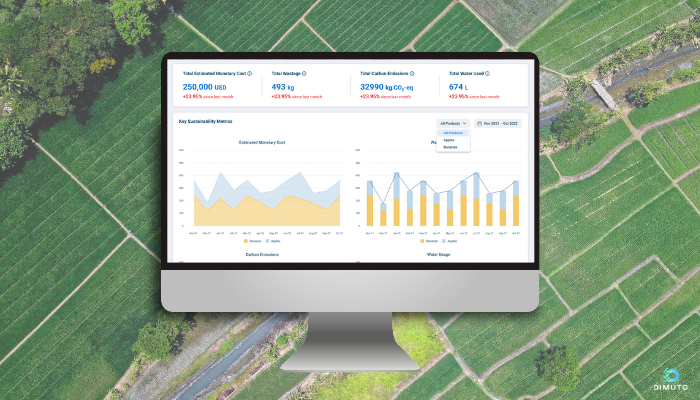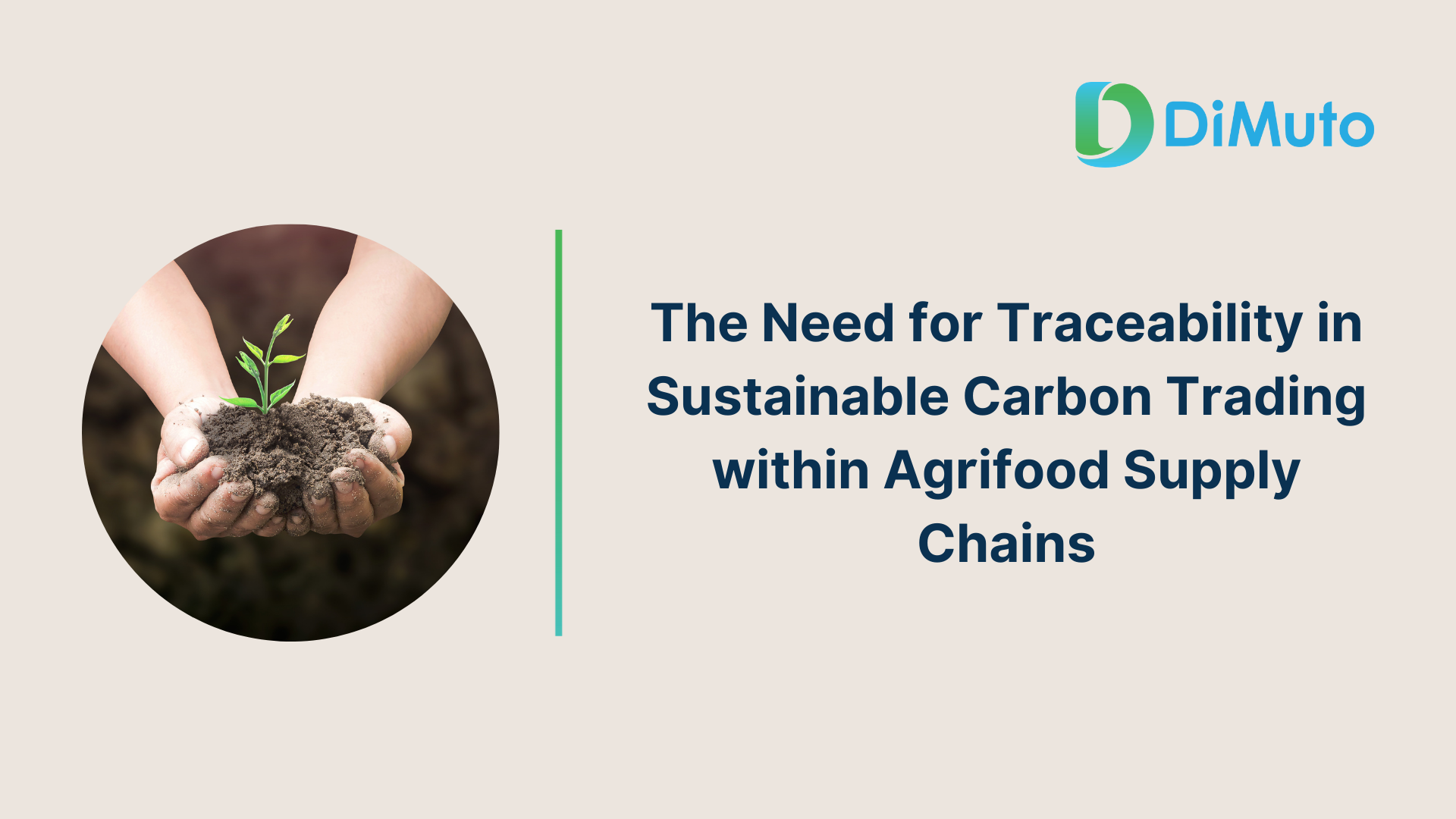Carbon trading is an emerging and innovative weapon in the fight against climate change. It is a market-based solution that allows industries to balance their carbon footprint by trading emission allowances. Using this solution, companies can sell their surplus allowances to others struggling to stay within their emission limits, thus creating a financial incentive for organizations to reduce their emissions.
The beauty of carbon trading lies in its cost-effectiveness. It encourages those capable of making substantial reductions in emissions to do so, as they stand to gain economically by selling their excess allowances. Conversely, companies that find it expensive to curb their emissions can purchase extra allowances, thus balancing their carbon output. This market-driven approach promotes efficient use of resources and encourages the development and adoption of green technologies.
Furthermore, carbon trading allows for flexibility. Instead of a uniform, one-size-fits-all solution like a carbon tax, this system acknowledges that companies are at different stages of environmental adaptation and provides multiple routes to achieve emission reduction targets.
The Challenge of Transparency and Traceability in Carbon Trading
However, the effectiveness of carbon trading is threatened by the potential of mistrust within the market. Participants must be confident that the carbon credits they purchase represent real, quantifiable, and permanent reductions in emissions.
Today, there is significant scepticism especially in the voluntary, unregulated, offset market – present carbon offset initiatives are plagued by double-counting and vague standards. In a report published on Jan 18, The Guardian asserted that more than 90% of carbon credits generated by avoided deforestation projects and accredited by Verra, the world’s leading carbon standard for the rapidly growing $2bn voluntary offsets market, do not represent genuine carbon reductions.
How can carbon trading create both scale and real positive climate impact at the same time? This can be achieved by accessing transparent, traceable, and accurate data about projects and their supply chains. Without efficient and accessible mechanisms to monitor emissions accurately, these issues are hard to address. Accurate data is fundamental to carbon trading, but its collection and verification remain significant challenges, calling for a reliable solution that ensures transparency and traceability.
DiMuto’s Trade Management System: A Game-Changer for Carbon Trading in the Agrifood Industry

DiMuto’s ESG Dashboard on Desktop
Designed to provide unassailable traceability for Agrifood supply chains, DiMuto’s technology is a powerful tool in solving many of the issues plaguing carbon trading within the industry.
DiMuto offers a farm-to-fork solution that captures critical data points with our solutions, that can eliminate data silos to form an accurate picture of sustainability levels. Our blockchain-powered solution helps to ensure immutability, showing the who, what and when of data inputs and creating foundation of trust. This level of traceability allows companies and regulatory bodies to confidently trade carbon credits based on real, quantifiable data.
Additionally, this data is then aggregated automatically on DiMuto’s ESG Dashboard, which helps Agrifood business owners to easily see the environmental impact of their operations and follow product lifecycles in real-time with useful analytics. These analytics can then be immediately generated into a report for it to be shared with relevant parties.
Capturing and analysing this data regularly and reliably empowers Agrifood business owners to identify opportunities for sustainable improvements, assess their progress, and determine new targets, helping to fuel a data-driven movement of food sustainability.
In conclusion, while carbon trading presents an effective, flexible, and economically attractive solution to emission reduction, it’s not without its challenges. However, with the advent of technology solutions like DiMuto’s Trade Management Solution, these hurdles can be overcome, paving the way for more effective and transparent carbon trading and, ultimately, a more sustainable future.
If you are interested to learn more about how DiMuto helps improve sustainability of food systems for global AgriFood trade, reach us at [email protected].
A Need For Digital Transformation of Agrifood Supply Chain
In the face of a growing global population and the intricacies of the agrifood supply chain, digital transformation has become a necessity rather than a luxury. The shift from traditional methods to digitalization and automation is vital to enhance efficiency, transparency, and sustainability. By digitizing operations and breaking down data silos, real-time communication and collaboration among stakeholders can be achieved. QR code labels and digital twins, exemplified by DiMuto, facilitate supply chain visibility and data capture from production to distribution. Incorporating technologies like IoT, sensors, and blockchain enables informed decision-making, waste reduction, and increased efficiency. AI and data analytics further contribute by predicting yields, optimizing routes, and tailoring production. Sustainability is a driving force behind this transformation, allowing resource conservation and waste reduction, ultimately leading to a more sustainable food system with environmental and social benefits.
Find out more in this article


